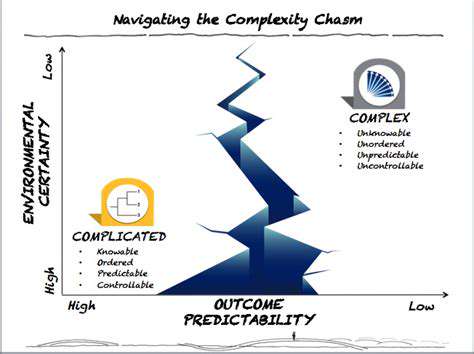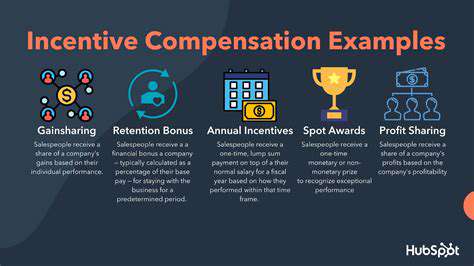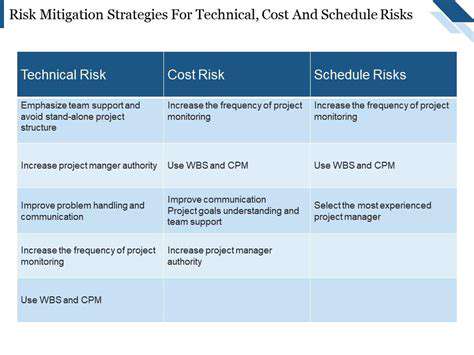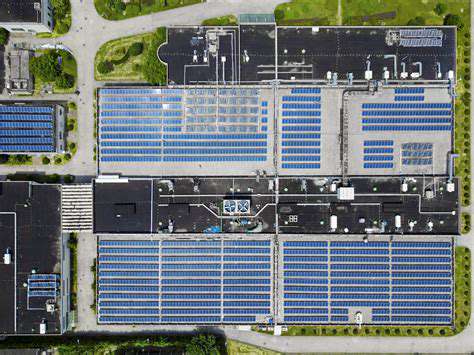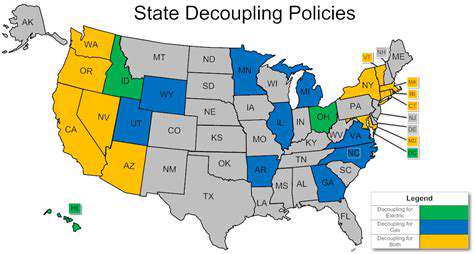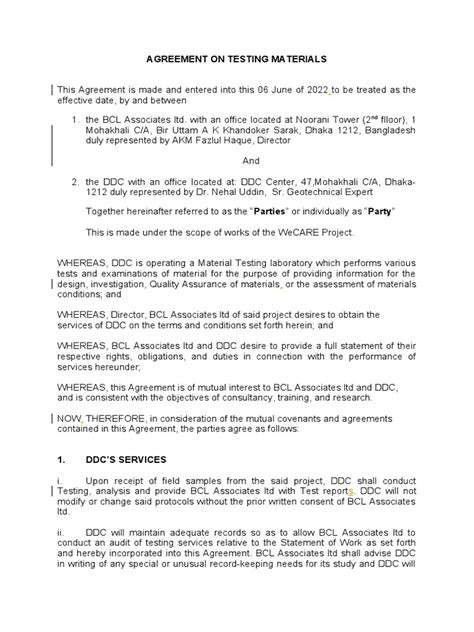Policy Frameworks for Renewable Energy Transition
Incentivizing Investment and Technological Advancement
Incentivizing Investment in Renewable Energy
Government policies play a crucial role in attracting private investment into renewable energy sectors. Incentives such as tax credits, subsidies, and grants can significantly lower the financial risk associated with developing and deploying renewable energy technologies. These financial mechanisms can encourage businesses to invest in research and development, construction, and operation of renewable energy projects, driving the transition to a cleaner energy future. This approach not only fosters economic growth but also helps reduce reliance on fossil fuels, mitigating climate change impacts.
Furthermore, stable and predictable regulatory frameworks are essential for investor confidence. Clear and transparent policies regarding permitting, zoning, and grid integration can attract significant capital and encourage long-term commitments in renewable energy infrastructure. Predictable and supportive policies are fundamental to attracting both domestic and international investment in this crucial sector.
Promoting Technological Advancement in Renewable Energy
Technological advancements are vital for enhancing the efficiency, affordability, and accessibility of renewable energy sources. Government support for research and development (R&D) can accelerate innovation in areas such as solar panel efficiency, wind turbine design, and energy storage solutions. Funding for research initiatives can unlock breakthroughs that make renewable energy more competitive with traditional energy sources.
Public-private partnerships (PPPs) can be instrumental in driving technological advancements. By collaborating with industry leaders, government agencies can leverage expertise and resources to develop cutting-edge technologies that are poised to revolutionize the renewable energy landscape. The collaboration fosters a dynamic ecosystem that accelerates innovation and accelerates the commercialization of new technologies.
Streamlining Permitting and Regulatory Processes
Complex and lengthy permitting processes can significantly impede the development of renewable energy projects. Simplifying and streamlining regulations can expedite the approval process, making it more attractive for businesses to invest in these projects. Efficient permitting processes can reduce bureaucratic hurdles and project delays, thereby fostering a more conducive environment for renewable energy development. This is critical for expediting the implementation of renewable energy projects and creating a more attractive investment climate.
Ensuring Grid Integration and Infrastructure Development
Reliable grid infrastructure is essential for integrating renewable energy sources into the existing power system. Government investment in upgrading and expanding transmission lines and grid infrastructure is crucial for ensuring the smooth integration of intermittent renewable energy sources, such as solar and wind power. Modernizing the grid to accommodate variable energy production from renewable sources is key to a successful transition to a sustainable energy system. This investment also provides jobs and strengthens local economies.
Addressing Public Concerns and Promoting Public Awareness
Public acceptance and support are critical for the successful implementation of renewable energy policies. Effective communication strategies can address concerns and educate the public about the benefits of renewable energy, including job creation, economic opportunities, and environmental protection. Public awareness campaigns can demonstrate the positive impacts of renewable energy and build support for policy initiatives. Education programs can counter misinformation and foster a more informed citizenry regarding renewable energy's importance.
Addressing Grid Integration and Infrastructure Development
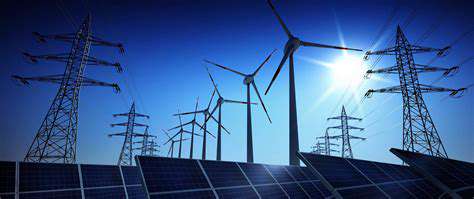
Grid Integration Challenges
The integration of renewable energy sources, such as solar and wind power, into existing electricity grids presents significant challenges. These intermittent sources require sophisticated management systems to ensure reliable power delivery and maintain grid stability. The fluctuating nature of renewable energy production necessitates advanced forecasting and control mechanisms. Successfully integrating these sources demands careful consideration of grid infrastructure upgrades and the development of smart grid technologies.
One significant hurdle is the mismatch between the intermittent nature of renewable energy generation and the predictable demands of consumers. This necessitates robust energy storage solutions and intelligent grid management strategies to balance supply and demand. Furthermore, integrating vast amounts of distributed generation, such as rooftop solar panels, requires innovative communication and control protocols to ensure seamless operation.
Incorporating Renewable Energy
Incorporating renewable energy sources into the grid requires a multifaceted approach. This includes upgrading transmission and distribution networks to accommodate the fluctuating nature of renewable energy generation. It also necessitates developing robust energy storage solutions to address the intermittency of these sources and ensure consistent power supply.
Furthermore, smart grid technologies, such as advanced metering infrastructure and demand response programs, are crucial for optimizing grid operation and managing the integration of renewable energy. These technologies enable better monitoring and control of electricity flow, leading to improved grid efficiency and stability. Effective communication and data management systems are paramount in facilitating the seamless integration of renewable energy sources.
Impact on Grid Stability
The integration of renewable energy sources can have a substantial impact on the stability and reliability of the electricity grid. The variable nature of renewable energy output necessitates sophisticated grid management systems to ensure a stable power supply. These systems must be able to respond quickly to fluctuations in generation and maintain grid frequency within acceptable limits.
Furthermore, the increasing penetration of renewable energy sources can lead to changes in grid dynamics. This necessitates a thorough understanding of the interaction between renewable energy and existing grid infrastructure, including power flow analysis and grid modeling. Careful planning and investment in grid upgrades are crucial to mitigate potential risks and ensure grid stability.
Technological Advancements
Several technological advancements are critical for addressing the challenges of grid integration. Advanced forecasting technologies can predict renewable energy generation more accurately, enabling better grid management and resource allocation. These advancements are essential for enabling the seamless integration of renewable energy sources and maintaining grid stability.
Smart grid technologies, including advanced metering infrastructure and demand response programs, play a vital role in optimizing grid operations. These technologies facilitate real-time monitoring and control of electricity flow, allowing for more efficient and reliable grid management. Furthermore, the development of innovative energy storage solutions is crucial to address the intermittency of renewable energy sources and ensure consistent power supply.
Promoting Public Awareness and Stakeholder Engagement

Promoting Public Awareness of Sustainable Practices
Raising public awareness about sustainable practices is crucial for driving positive environmental change. Educating individuals about the importance of reducing their ecological footprint and adopting eco-friendly habits is essential for fostering a culture of sustainability. This includes promoting awareness of resource conservation, waste reduction, and responsible consumption patterns. Educating the public about the long-term benefits of sustainable choices is a key component of this process, as it can motivate individuals to make informed decisions in their daily lives. Understanding the interconnectedness of environmental issues with social and economic factors is vital for successful public awareness campaigns.
Effective communication strategies are key to conveying complex environmental concepts in a clear and engaging manner. Utilizing various media platforms, including social media, educational programs, and community events, can significantly broaden the reach of awareness campaigns. Partnerships between government agencies, NGOs, and educational institutions can amplify the impact of these initiatives, creating a coordinated approach to promote sustainable practices. This collaboration can lead to a more comprehensive and impactful public awareness campaign, that reaches a wider audience and drives meaningful behavioral changes.
Strategies for Implementing Sustainable Practices
Implementing sustainable practices requires a multifaceted approach that encompasses individual actions, policy changes, and technological advancements. Promoting sustainable transportation options, such as cycling and public transport, is a crucial step in reducing carbon emissions. This can be achieved through infrastructure improvements and incentives for adopting these alternatives. Investing in renewable energy sources, like solar and wind power, is essential for transitioning away from fossil fuels and creating a more sustainable energy system.
Sustainable agriculture practices, such as organic farming and permaculture, are critical for protecting biodiversity and ensuring food security. These practices minimize the environmental impact of food production while enhancing soil health and ecosystem resilience. Encouraging responsible consumption patterns, such as reducing waste and opting for reusable products, can significantly contribute to minimizing environmental degradation. These are crucial in creating a culture of mindful consumption and resource management.
Policy changes at both local and national levels play a vital role in driving systemic change. Implementing regulations that incentivize sustainable practices and discourage environmentally harmful activities can create a supportive environment for the adoption of sustainable solutions. Supporting research and development in sustainable technologies can lead to innovative solutions for various environmental challenges.
Engaging Communities in Sustainable Initiatives
Engaging communities in sustainable initiatives is paramount for fostering a sense of shared responsibility and ownership towards environmental protection. Community gardens and urban farming initiatives can promote local food production and reduce the environmental footprint associated with transportation of food. Community-based recycling and composting programs can encourage waste reduction and resource recovery, creating a more sustainable local environment.
Supporting local businesses that prioritize sustainability can encourage a shift towards environmentally friendly products and services. This can create economic opportunities while promoting environmental responsibility. Organizing community events and workshops focused on sustainable living can provide hands-on learning experiences and inspire individuals to adopt sustainable practices in their daily lives. Encouraging the development of local sustainable solutions fosters a sense of community ownership, promoting active participation in environmental initiatives.
Facilitating knowledge sharing and collaboration among community members can strengthen the impact of sustainability efforts. Creating platforms for sharing best practices, exchanging ideas, and supporting each other in adopting sustainable habits can foster a sense of collective responsibility. This can lead to a more resilient and sustainable community.
Ensuring Equitable Access and Social Considerations
Accessibility for Marginalized Communities
Policies for renewable energy must consider the diverse needs and potential impacts on marginalized communities. This includes ensuring that the benefits of renewable energy development, such as job creation and economic opportunities, are distributed equitably. Furthermore, careful planning and mitigation strategies are crucial to avoid displacement or negative environmental consequences disproportionately affecting these groups. Addressing historical injustices and fostering community engagement are essential components of a truly equitable transition to renewable energy.
Specific considerations should include the potential for increased energy costs for low-income households and the need for targeted support programs. These programs could include financial assistance, energy efficiency upgrades, and community-based renewable energy projects that directly benefit those most vulnerable.
Environmental Justice and Sustainability
Renewable energy development should prioritize environmental justice, ensuring that the impacts of projects are not disproportionately borne by disadvantaged communities. This means evaluating potential environmental consequences like habitat disruption, water contamination, and air pollution, and implementing mitigation strategies to minimize these risks. Careful assessments of the lifecycle impacts of renewable energy technologies, from manufacturing to decommissioning, are necessary to ensure long-term sustainability.
Furthermore, the environmental impact of the entire supply chain, including the mining of raw materials for solar panels and wind turbines, should be carefully considered and mitigated. This holistic approach will help ensure that the transition to renewable energy does not come at the expense of environmental integrity.
Community Engagement and Participation
Successful renewable energy policies require active community engagement and participation. This includes holding public forums, workshops, and town halls to provide information and gather feedback from local residents. Community members should be involved in decision-making processes, from project siting to project implementation and monitoring.
Involving local stakeholders in the planning process can help foster trust and address concerns early on. This collaborative approach will ensure that renewable energy projects are perceived as beneficial and sustainable rather than disruptive or threatening to local communities.
Economic Development and Job Creation
Renewable energy policies should aim to stimulate economic development and create high-quality jobs. This includes supporting the growth of a domestic renewable energy sector, from manufacturing and installation to maintenance and research. Focusing on local job creation and workforce development programs is critical to ensure that the transition to renewable energy benefits the local economy.
Incentivizing local businesses to participate in the renewable energy sector, through tax credits, grants, and other financial incentives, can foster economic growth and create sustainable employment opportunities.
Social Equity and Inclusion
Policies should promote social equity and inclusion by ensuring that the transition to renewable energy benefits all members of society, regardless of background or socioeconomic status. This means considering the needs of diverse populations, including people with disabilities, and promoting accessibility in all aspects of renewable energy development.
Promoting diversity in the workforce and leadership positions within the renewable energy sector is crucial to ensure that the transition is inclusive and reflects the diversity of the communities it serves. Addressing potential social and cultural barriers to adoption is vital to ensuring that renewable energy benefits all members of society.
Policy Frameworks and Regulatory Mechanisms
Effective policy frameworks are necessary to guide and regulate renewable energy development. These frameworks should establish clear standards, guidelines, and regulations for project permitting, environmental impact assessments, and community engagement. They should also incentivize the adoption of renewable energy technologies and support the growth of a sustainable energy sector.
Robust regulatory mechanisms are essential to ensure compliance with environmental standards, public safety regulations, and equitable access to resources. Clear legal frameworks will create transparency and accountability in the renewable energy sector, promoting public trust and confidence.
